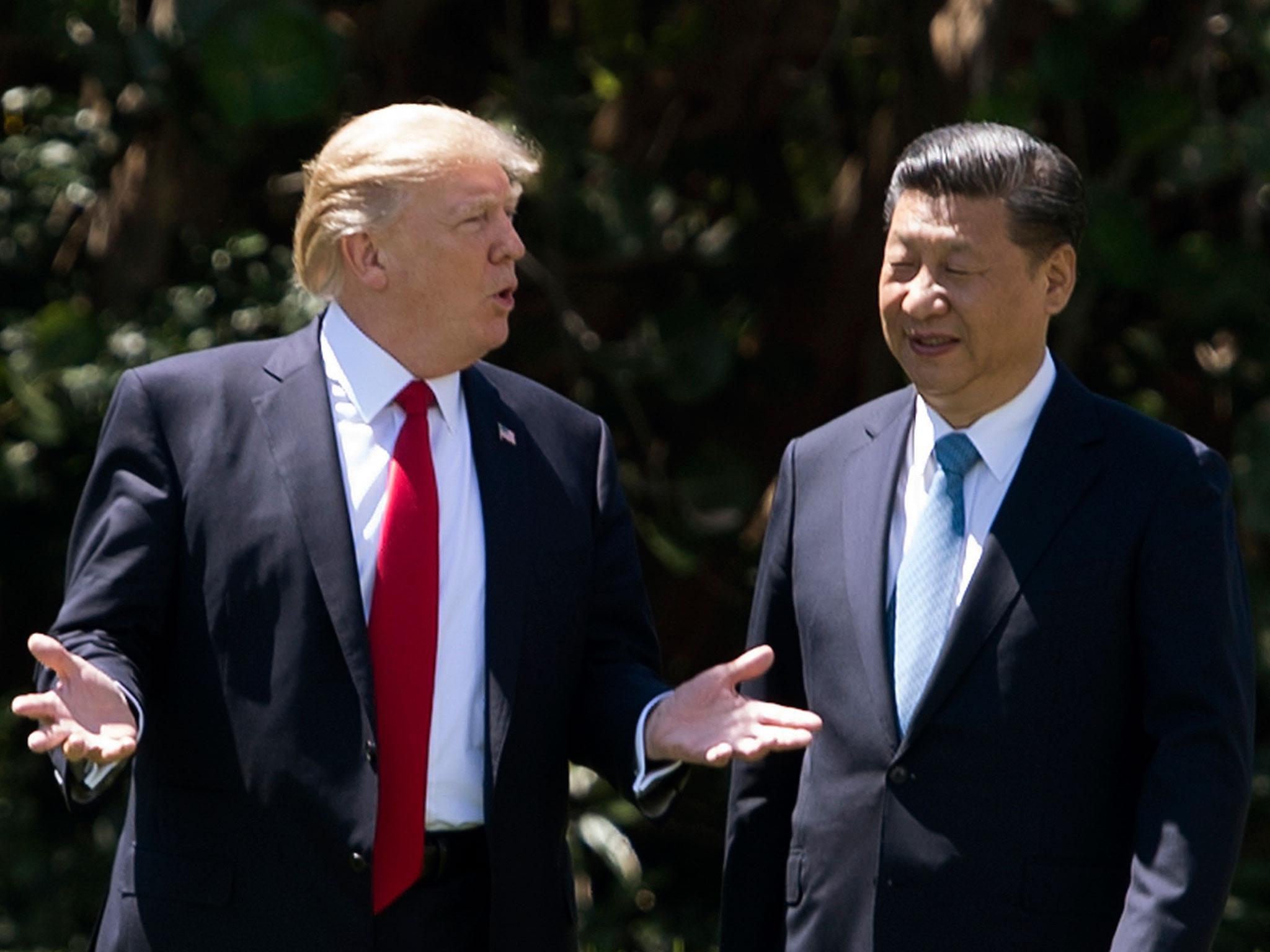China refuses to give up ‘developing country’ status at WTO, despite Trump administration pressure
East Asian country is the world's second biggest economy, but its population is still relatively poor

Your support helps us to tell the story
From reproductive rights to climate change to Big Tech, The Independent is on the ground when the story is developing. Whether it's investigating the financials of Elon Musk's pro-Trump PAC or producing our latest documentary, 'The A Word', which shines a light on the American women fighting for reproductive rights, we know how important it is to parse out the facts from the messaging.
At such a critical moment in US history, we need reporters on the ground. Your donation allows us to keep sending journalists to speak to both sides of the story.
The Independent is trusted by Americans across the entire political spectrum. And unlike many other quality news outlets, we choose not to lock Americans out of our reporting and analysis with paywalls. We believe quality journalism should be available to everyone, paid for by those who can afford it.
Your support makes all the difference.Despite pressure from the Trump administration, China will reportedly refuse to give up its “special and differential” treatment as a developing nation at the World Trade Organisation (WTO).
According to the South China Morning Post, China, now the world’s second largest economy, is determined to hold on to its current status, which gives it certain tariff and subsidy advantages over so-called developed economies.
It comes amid a tit-for-tat trade war between the two countries - which has seen the US slap billions of dollars in tariffs on China's exports - and growing dissatisfaction from Donald Trump at the international trade body, which he regularly brands the "worst trade deal ever made".
Washington has argued it makes no sense for special privileges to continue applying to China, which has seen almost two decades of unprecedented growth since it joined the WTO in 2001.
"There is nothing special or differential when a member that has landed a rover on the dark side of the moon ... insists on the same treatment as one of our poorest members," the US ambassador to the WTO Dennis Shea said, in reference to China’s lunar achievement earlier this year.
But the “major issue” facing the US, said Marianne Schneider-Petsinger, a global trade expert at Chatham House, is the fact there is no agreed definition of what constitutes a developing nation at the WTO.
“It’s not just China, it’s India, Singapore, South Korea,” she said, adding that 10 of the G20 countries are still developing, according to their own definitions.
Ms Schneider-Petsinger told The Independent the WTO needed to establish “clear criteria” for the designation, such as a country’s GDP or its status according to the United Nations, which, incidentally, still classes China’s economy as developing.
“It’s certainly under discussion, but for the time being there isn’t a consensus emerging,” Ms Schneider-Petsinger said.
Despite China’s status as a rising economic and military superpower, its population at large is not doing as well as many might suspect, lending credence to China’s refusal to budge.
Its GDP per capita is still dwarfed by America’s - $16,660 in 2017 compared to $59,501 - and it suffers from large inequality between high-earners in major cities and the rest of the population.
But it is undoubtedly vastly richer than it used to be – GDP per capita was $677 in 1986 – and much closer to developed countries than at any other time in its recent history.
The most urgent issue facing the WTO, however, may actually be the Trump administration and its refusal to reappoint one of its four remaining appeals judges.
Three judges are needed for each case and all 164 WTO members must comply with their rulings. The WTO normally has seven judges but after a US campaign to block appointments and reappointments only four remained.
It raises the risk of paralysing the body's dispute settlement system, which requires a minimum of three judges to operate. It looks set to break down completely in December, when two other judges’ terms expire, but it could seize up sooner if any judges recuse themselves from a case for legal reasons.
Asked if the UK government supported the US stance on China, a spokesperson for the Department for International Trade said: “The UK welcomes China’s support for the WTO as the centre of the rules-based multilateral trading system.
“As an independent member of the WTO, we will work with all members to ensure that countries take commitments that are commensurate with their economic situation.”
Join our commenting forum
Join thought-provoking conversations, follow other Independent readers and see their replies
Comments